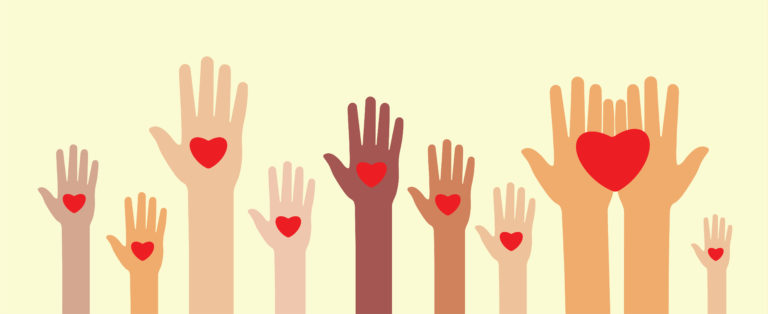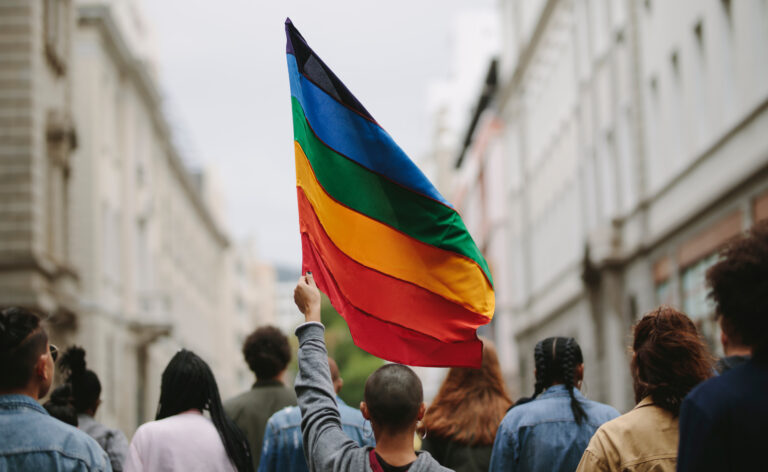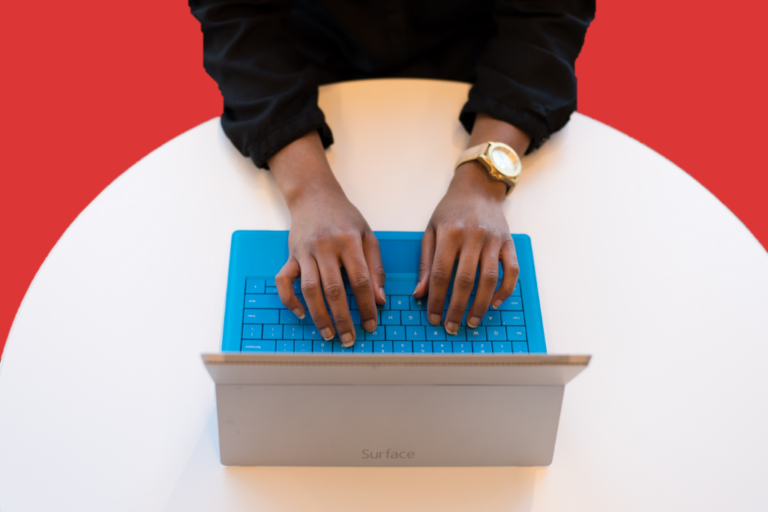As more and more women run for elected office, what do we know about…
Disability Victory: Creating Space for Disabled Political Leaders

“Why do disabled people need their own campaign training program?” This is a question that me and my colleague, Neal Carter, have heard over the years, ever since we started the first accessible and disability-led campaign training webinars in 2019. This May, we launched Disability Victory, the first organization dedicated to empowering more disabled leaders to run for elected office. And since December 3rd is International Day of Persons with Disabilities, it is the perfect time to talk about why disability-led campaign training spaces matter.
As disabled people, we know that society is filled with systemic access barriers. These barriers are present in our democratic processes, from voting to running for office. We also know that disabled people are underrepresented in elected office, especially disabled women. This means that our voices are often missing as policymakers who can effect change and make our society more accessible and inclusive.
These barriers extend to the campaign trail. Over the past several years, we’ve heard from disabled candidates, campaign staff, and volunteers about the challenges they’ve encountered running for office and working on campaigns. Not only that, we’ve heard about the difficulties disabled candidates have faced in getting equal access to the information they need to run for office, from struggling to get accommodations to participate in campaign training programs, to not finding answers to their questions about running for office as a disabled candidate.
These access barriers impact millions of Americans in many different ways. 1 in 4 U.S. adults have a disability, and that number is only increasing with the introduction of Long COVID. The disability community is extremely diverse, and disabled people have very different lived experiences. The challenges that a Deaf person experiences on the campaign trail are different from the barriers a blind person, or someone with an autoimmune disease, or a wheelchair user, or an autistic person will face. Even people with similar disabilities may have vastly different experiences and perspectives.
Understanding the Barriers, Identifying the Commonalities
The first step to empowering more disabled people to run for office is understanding the challenges they face and the questions they have about campaigning. Earlier this fall, we surveyed disabled leaders who are thinking about running for office. Through their insightful responses, we learned so much about the questions they have: how do I build grassroots support when you can’t knock on every door in the district? How do I advocate for my political party to provide an American Sign Language Interpreter so that I can participate in a debate or forum? How much should I disclose about my disability? How do I handle prejudiced and ableist assumptions that because I’m disabled, I’m not fit to lead?
But although disabled people have different experiences and challenges, we can bond over our commonalities and learn from each other. We all know what it’s like to navigate a world that isn’t built for us, how to deal with ableism, and how to advocate for ourselves. But these challenges reveal the strengths that make us great leaders: problem solving, creativity, adaptability, resilience, and community. And when we come together, we can share our successes and struggles, learn from others on how they addressed the challenges they face, and learn how to make a more accessible and inclusive society for all of us.
Building an Accessible Campaign Training Space
This is why a space like Disability Victory is so important. We not only ensure that our programs are accessible, but we exist to create a space for the disability community to come together and learn from each other. Disabled people create and lead our training workshops, spaces where our community can gather and ask their questions about both campaign skills and the specific challenges they encounter. Although we as individuals may not be able to answer every single question someone brings to us, by creating this community, we are bringing together disabled people from all backgrounds and lived experience so that together, we can find solutions.
But we don’t want disabled people to just be siloed into our own space. We want all campaign training organizations to become more accessible, inclusive, and welcoming to disabled people. That takes a cultural shift to prioritizing accessibility, hiring disabled staff and speakers, and recruiting disabled leaders to participate in programs and events. Disability Victory is here to help our allies understand how they can become more accessible and inclusive through partnerships, training, and the creation of resources like #MakeAccessAPractice, a series of four tips on accessible outreach.
Accessibility is a journey, not a destination. You can start by making simple changes, such as adding alternative text to images you share on social media, uploading videos with closed captioning, and adding a way to request accommodations on your event registration pages. These small changes can make a major impact, and you’ll soon realize that once you start practicing accessibility, it becomes a habit. So, make access a practice, and together, we can make the political arena more accessible and inclusive to millions of disabled leaders.






